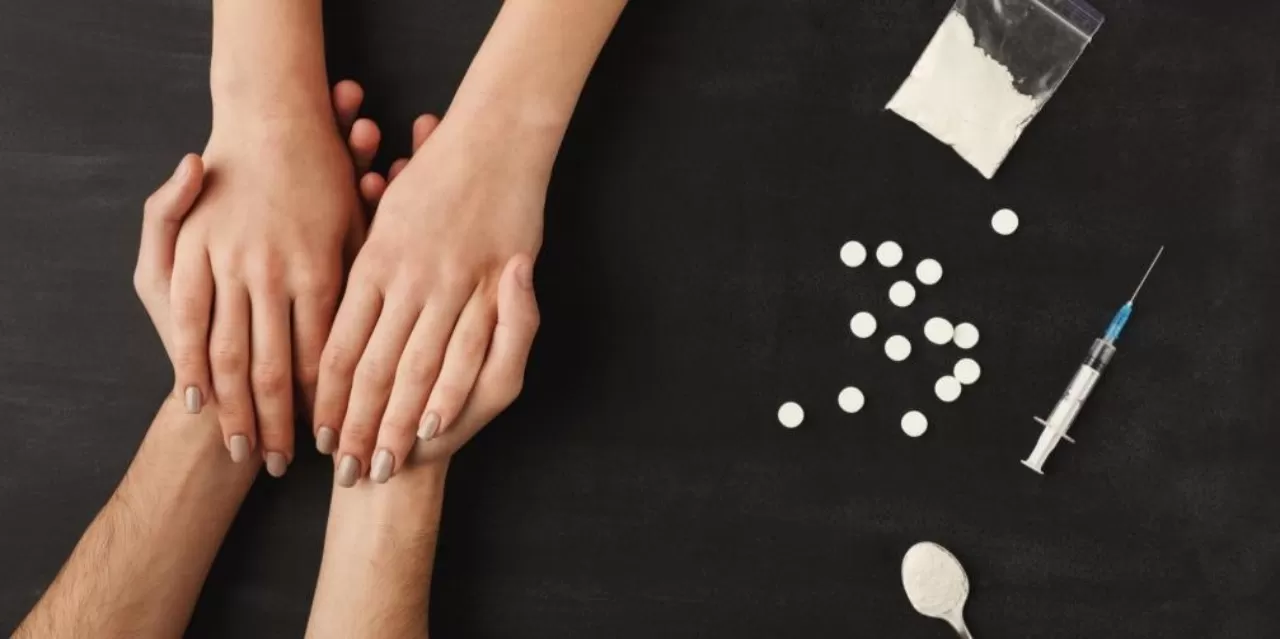Rolling back the clock on addiction treatment will cost even more lives

The Drug Enforcement Administration (DEA) has proposed rolling back regulations implemented during the COVID-19 pandemic that permitted healthcare providers to prescribe telehealth-based treatment for opioid use disorder (OUD). This move comes despite the continued rise in overdose deaths across the United States. The proposal is misguided and risks increasing overdose fatalities while causing distress for individuals seeking treatment.
Currently, licensed healthcare providers with DEA authorization can prescribe buprenorphine—a medication approved by the Food and Drug Administration (FDA) for OUD—via telehealth. Before the pandemic, however, clinicians were required to conduct in-person evaluations before prescribing this medication. In a rare act of bipartisan cooperation, Congress recently eliminated burdensome requirements that mandated extra training hours and a special DEA waiver to prescribe buprenorphine—reforms that were implemented only in the past year.

Research indicates that individuals who seek buprenorphine through illicit channels often do so because they lack access to legal, regulated treatment options. Expanding telehealth access to buprenorphine could help address this issue and reduce diversion, a concern the DEA has itself acknowledged.
As someone who has been in recovery from substance use disorder for over 12 years, I understand firsthand the urgency of accessing treatment quickly. For many individuals, there is only a narrow window in which they are willing and able to seek help—any delay can be critical. With more than 100,000 drug overdose deaths annually in the U.S., the majority involving opioids, imposing in-person visit requirements for OUD treatment could lead to unnecessary and preventable loss of life. Recovery is not possible if individuals do not survive long enough to pursue it.

I strongly urge the DEA to reconsider its proposal and to remove the requirement for in-person visits for buprenorphine continuation. The availability of telehealth prescribing during the pandemic has been a lifeline for countless patients. Now is not the time to let concerns about medication diversion overshadow the need for accessible, life-saving addiction treatment. The DEA should uphold the telehealth provisions that allow patients to initiate and maintain buprenorphine treatment remotely. Lives depend on this access.

Choosing the Right Retirement Advisor: Your Guide to Financial Security

Rolling back the clock on addiction treatment will cost even more lives

Slash Your Energy Bills How Modern Energy Equipment Pays for Itself

5 Creative Ways To Use Photo Prints Beyond The Frame For Home And Gifts

Powering Your Home with Sunshine How Clean Energy is Slashing Electric Bills Nationwide

The Molecular Detective How Mass Spectrometry Uncovers Hidden Health Clues in Your Breath

Powering Your Home with Sunshine How Clean Energy is Slashing Electric Bills Nationwide

You Are Not Lazy You Are Mentally Drained

Robots with Empathy Can Machines Really Understand Feelings

UK food bank charity reports record take-up amid cost of living crisis